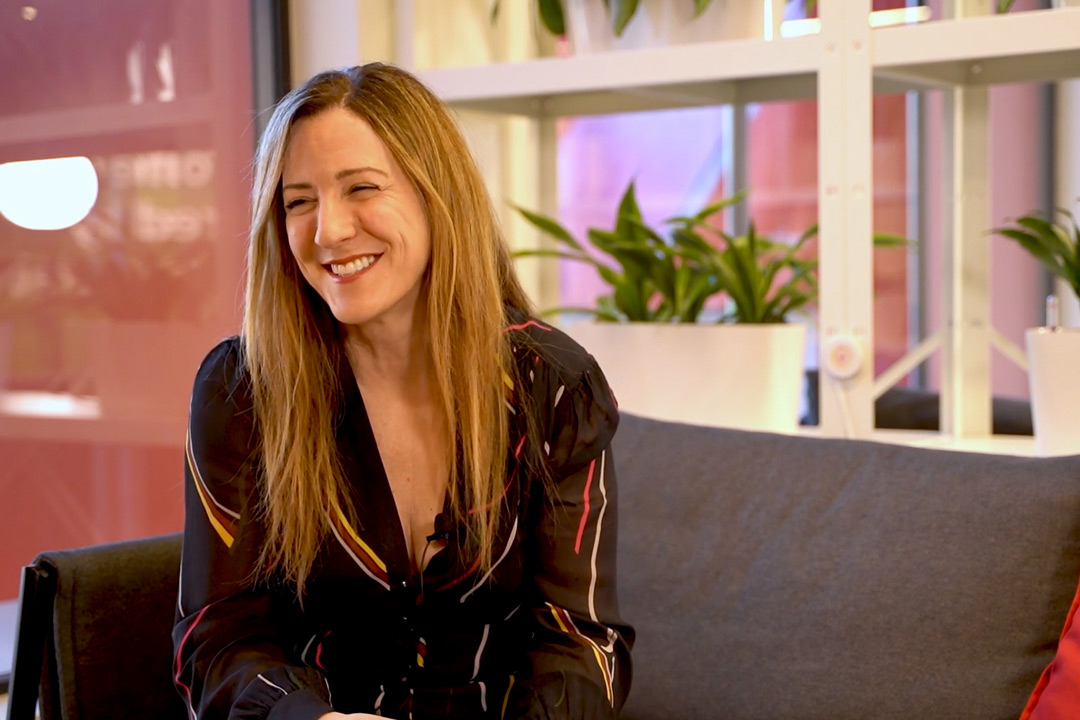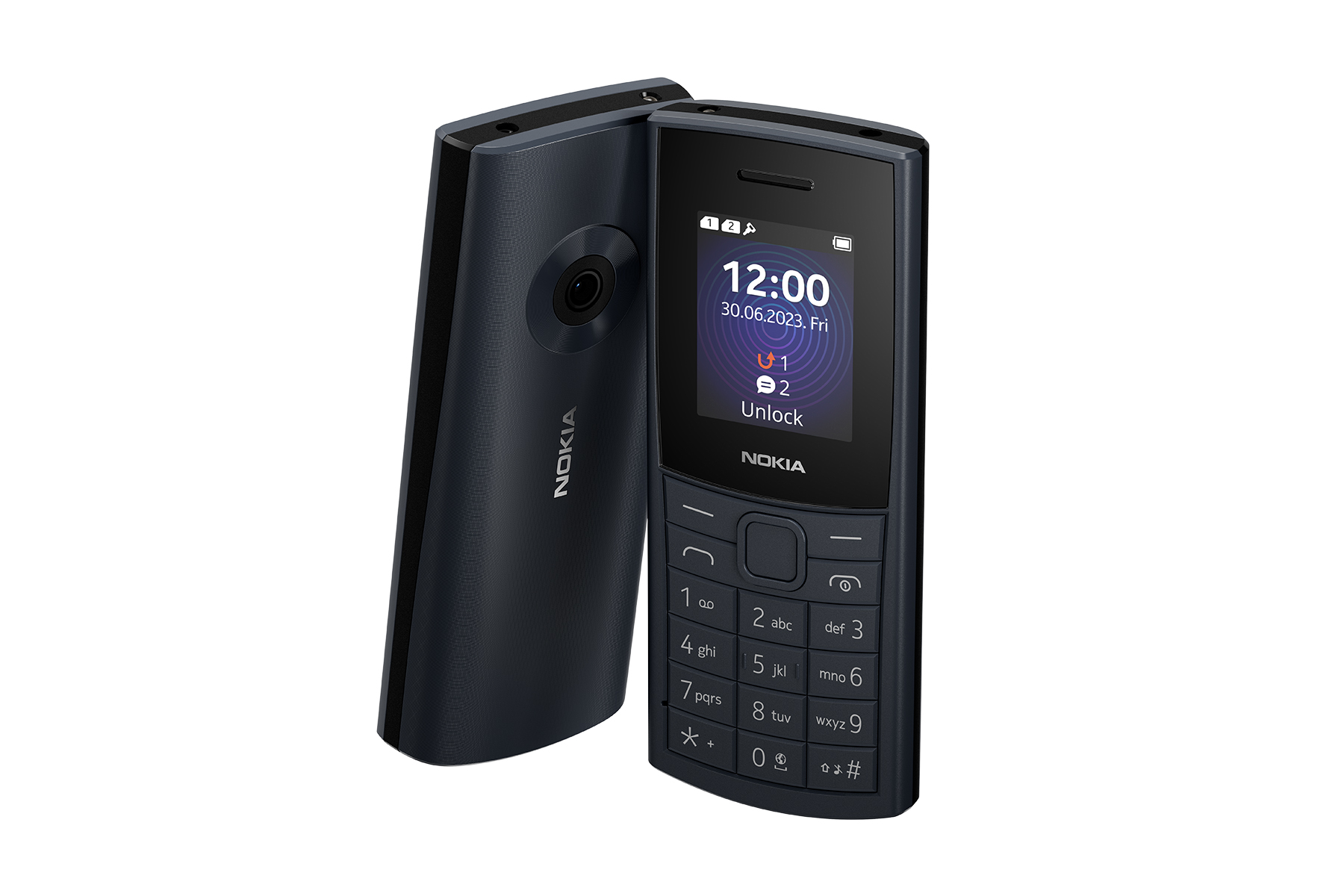Financial literacy is an important skill children need to learn, but what's the best way to teach them?
When it comes to handling money, starting young can really pay dividends. But even though financial education in schools has been on the National Curriculum for six years, figures show that money lessons are still not getting the emphasis they deserve.
Fewer than two thirds of secondary-aged children have ever had any access to formal financial education, according to a recent study, while three quarters of children get most of their money knowledge from their parents.
With the onus on the Bank of Mum and Dad to teach their children about money, here is how you can raise young people to be financially literate.
Start them young
“Money confidence is a vital life skill,” says Catherine Winter, Managing Director of financial education at the London Institute of Banking and Finance.
“Young people say they want to learn the practical skills that will help them prosper in life; to understand the financial products they’re likely to use, such as mortgages, loans, and credit cards; and to be able to budget and understand their tax.”
Studies show that children who learn about money at a young age are more likely to manage it well when they are older. According to the University of Cambridge, which pulled together findings from 100 different pieces of research on the topic, some money habits are set by the age of seven, and parents have real power to foster money skills at home.
Make it practical
Money can be a very abstract concept for children, particularly now that so much is on cards or spent online. But younger children will learn better using actual cash, says Salman Haqqi, personal finance expert from money.co.uk.
“A good place to start is getting children comfortable handling cash and coins. Explain to them how money is used to buy things and that it must be earned before it can be spent,” he says. Games with cash can also help, he adds.
“Creating easy monetary games such as counting pennies can help your child understand the value of different denominations of money. Try using a pile of 1p coins and asking your child to match the number of coins to the price of a higher value coin, such as 10p or 50p.”
Work experience: How to help your child find a useful placement
Preparing teens for the world of work can be a long process, but taking time to discuss careers and how to get necessary experience will pay dividends. Here’s how to get started.
As children get older, you can introduce less physical forms of money, using technology specifically designed for them. Cards such as GoHenry, Osper. Nimbl and Rooster are all designed to hold children’s pocket money and allow them to spend it. In many cases, parents can also link pocket money to chores, and children can keep track of their spending using an app, which allows them to see where they are spending money and how to save more effectively.
These cards come at a price to parents, but once a child is 11, they can open a free bank account. Claire Hattrick, parenting blogger and mum of twins, says that these bank accounts can help children to be financially literate.
“Kids can open a Bank Account at 11 years old and have a debit card with limited funds on it too. It is a good way of making them take some responsibility for their money and letting them make decisions over their spending,” she says.
Money talks
With so much financial literacy learned from parents, talking about the financial decisions you make will help your children to learn about how to handle their own cash.
John Westwood, Group Managing Director at Blacktower Financial Management, says that getting started with this can be as simple as taking your children shopping and talking about decisions that you are making.
“Letting your children accompany you when you visit the supermarket can be a great lesson in money management,” he says. “Let them pick what they want to eat for lunch over the next week, but set a spending cap. Not only does this help them learn about budgeting, but they’ll also develop an idea about value.”
Salman Haqqi, at money.co.uk, urges parents to model good financial decisions, as well as talking about them.
“There’s no two ways about it, children learn money habits from their parents. Showing them small activities such as checking the receipt after your shop or putting money into savings can start developing positive habits from a young age,” he says.
“Encourage your child to ask questions without repercussion in this setting. While you might not necessarily have all the answers, opening up a dialogue is a healthy way for your child to learn more about finance.”
Get school involved
Many schools do not teach money management, but if parents raise this important issue then they may be more likely to consider it. Many British banks, including Metro Bank, Santander and NatWest, offer free programmes for Key Stage 2 and 3, which may even include a branch visit.
Visit the charity Young Money for more information about what is available.
Stay up-to-date with the very latest news from Vodafone by following us on Twitter and signing up for News Centre website notifications.

![Young woman waiting for job interview indoors [Adobe Stock] stock image of a young woman waiting for job interview indoors](https://www.vodafone.co.uk/newscentre/app/uploads/2024/06/2-Young-woman-waiting-for-job-interview-indoorsAdobe-Stock.jpg)

![black and white photo of a girl's face with smoke [Adobe Stock] an AI-generated stock image of a girl's face partially covered in smoke](https://www.vodafone.co.uk/newscentre/app/uploads/2024/05/black-and-white-photo-of-a-girls-face-with-smoke-Adobe-Stock.jpg)

![girl smiling confident voting at electoral college [Adobe Stock] stock photo of a girl smiling while confidently voting at a mock election](https://www.vodafone.co.uk/newscentre/app/uploads/2024/05/girl-smiling-confident-voting-at-electoral-college-Adobe-Stock.jpg)




![Portrait of school age boy sitting at kitchen table do not want to eat[Adobe Stock] stock photo of a young boy sitting at a kitchen table, refusing to eat the food in front of him](https://www.vodafone.co.uk/newscentre/app/uploads/2024/03/Portrait-of-school-age-boy-sitting-at-kitchen-table-do-not-want-to-eatAdobe-Stock.jpg)